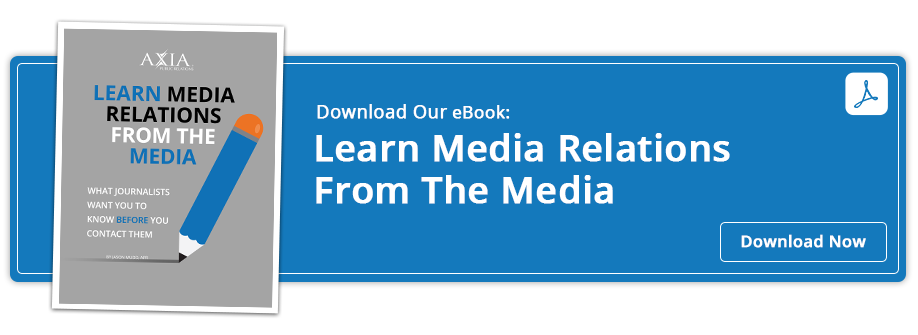Use PR to improve your media relations strategies
Many companies spend countless hours crafting press releases, only to have them thoroughly rejected by the media. If only you could know what journalists want and how to capture their attention to get news coverage for your company.
At a recent Public Relations Society of America conference, in a panel discussion that Nasdaq Corporate Solutions hosted, several journalists were on hand to explain exactly what they want to see in news releases and pitches. By following this advice, you can increase your chances of acquiring positive media coverage.
Take the time to cultivate a relationship with the reporter before you pitch.
This could involve following his work for a period of time to better understand what kinds of articles he would be most interested in or offering your services as a thought-leader in your industry. Once you’ve established a rapport with the journalist, you won’t have to spend so much time trying to get him to pay attention to important news concerning your company. Just like you, reporters are more likely to open and read emails from people they already know.
Most importantly, GET THE REPORTER’S NAME RIGHT. When you address a female reporter as “Mr.,” or misspell her name, it makes it clear that you don’t know her – nor do you care enough to do your homework – and it gives her another reason not to read your email.
Forget about Facebook and LinkedIn for reaching reporters; stick with Twitter.
While LinkedIn can be great for making connections, the impersonal nature of that platform makes it less than ideal for reaching out to journalists. With Twitter, you can easily follow a reporter without being intrusive, then send a short but significant tweet when you’re ready.
Don’t just send mass emails to every reporter and hope one responds.
The best method for getting news coverage is to use a targeted approach. Do a bit of research to find the one journalist who will be the most receptive to your information. Find out his likes and dislikes – which is actually rather easy to accomplish these days, thanks to social media and other vehicles. This will better prepare you for when you do make your pitch.
Be timely and get to the point.
Often, getting to the right reporter at the right time can be a simple matter of luck, but your efforts can pay off in a big way. Providing information that the reporter needs immediately for a story will create a favorable impression of you and your company. Your chances increase if you’re following the journalist’s work and have done your homework.
When you do send information, it should be well-written and succinct. Don’t make the reporter sift through technical jargon and a dozen paragraphs. Make obvious what you’re offering and how it will help the reporter and his audience.
Trust your CEO, spokesperson or experts.
It annoys reporters when PR people listen in on interviews and phone calls, and it’s unnecessary when your CEO is well-trained. In fact, anyone who is authorized to speak to the media on behalf of your company should receive professional coaching before he’s allowed to participate in conversations with reporters.
Don’t be afraid to provide a journalist an exclusive.
For many PR professionals, this can be a scary concept because it’s our job to control every aspect of an interview or event. When you offer a reporter something exclusive, it requires a certain element of trust. Nonetheless, if you’ve established a relationship beforehand, things should work out fine. Just be sure that what you’re offering is really special and something the reporter will want.
At Axia, we work with you to develop the appropriate media relations strategies that will generate positive news coverage, increase name recognition and boost profitability. To find out more about what we can do for you, download our e-book Learn Media Relations from the Media or contact us today. For additional information about the panel discussion, click here.
Lisa Goldsberry is a writer for Axia Public Relations with more than 15 years of public relations experience. She specializes in business, higher education and technology PR. Connect with Axia Public Relations on Twitter @axiapr.
Topics: media relations, public relations



Comment on This Article